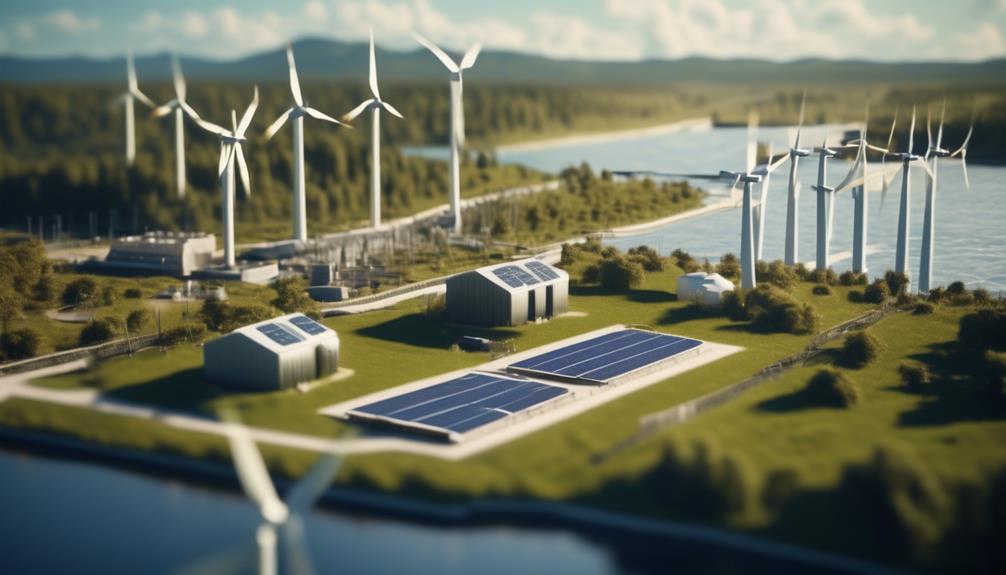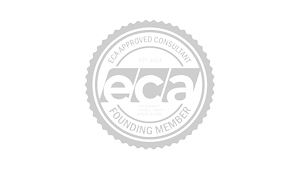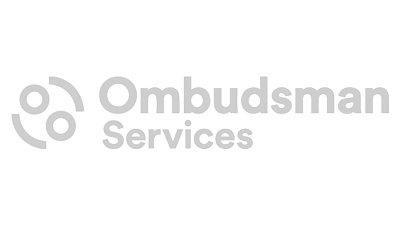In the current business climate, navigating the complexities of corporate energy management is a critical challenge many companies face. With rising operational costs and growing environmental concerns, leaders are on a quest for strategies that not only minimise energy consumption but also champion sustainability. This quest is driven by the understanding that efficient energy management is not merely an operational necessity but a strategic asset that can propel a company ahead of its competition through cost savings and an enhanced corporate image.
Drawing from years of experience in the field, this discussion is tailored for business leaders eager to transform their energy management practices. By focusing on innovative strategies and practical solutions, we aim to demystify the steps necessary for integrating renewable energy sources, optimising energy usage, and fostering a culture of sustainability within the workforce.
As we delve into these critical areas, readers will find actionable insights and best practices that resonate with their aspirations for a more efficient and sustainable operational model. Rest assured, the journey to mastering corporate energy management begins here, promising to equip you with the knowledge to navigate this complex landscape successfully.
Key Takeaways
- Implementing energy monitoring systems and utilising real-time monitoring can provide up-to-date information on energy consumption patterns, allowing for more accurate analysis and identification of potential areas for savings.
- Assessing current energy consumption patterns and implementing energy efficiency measures, such as utilising renewable energy sources and partnering with energy brokers, can help reduce environmental impact and align energy procurement with business goals.
- Implementing demand response strategies, such as modifying electricity consumption patterns during peak demand periods, can lead to significant energy savings and financial incentives.
- Embracing renewable energy integration and seeking professional assistance can help navigate the renewable energy procurement landscape, align energy procurement with long-term strategies, and take advantage of renewable energy incentives to offset initial costs.
- Engaging employees in energy conservation efforts, setting corporate energy management goals, and providing training and resources can foster a culture of efficiency and empower employees to conserve energy.
Energy Monitoring: Track Analyse Energy Usage
Energy monitoring is a crucial practice for businesses to track and analyse their energy usage patterns and make informed decisions about energy management. By implementing energy monitoring systems, businesses can gain valuable insights into their energy consumption, enabling them to identify peak usage times and areas of inefficiency.
Real-time monitoring allows businesses to track their energy usage on a continuous basis, providing them with up-to-date information on their energy consumption. This real-time data can be analysed using predictive analytics, which uses historical data and algorithms to forecast future energy usage patterns. By leveraging predictive analytics, businesses can proactively identify potential areas for savings and implement energy management strategies accordingly.
Energy monitoring also plays a vital role in simplifying energy management processes. With the help of energy monitoring tools, businesses can automate data collection and analysis, reducing the manual effort required to track and manage energy usage. This automation allows for greater accuracy and efficiency in energy management, enabling businesses to optimize their energy consumption and reduce costs.
Additionally, energy monitoring systems provide businesses with detailed reports and visualisations, making it easier to communicate and share energy usage data with stakeholders.
Energy Efficiency: Implement Sustainable Practices
Implementing sustainable practices for energy efficiency is crucial for businesses to reduce their environmental impact and optimise energy consumption. By assessing current energy consumption patterns, businesses can identify areas for improvement and implement strategies to enhance energy performance. This can be achieved through various measures such as utilising renewable energy sources and transitioning towards cleaner energy procurement to reduce environmental impact. Partnering with an energy broker can also help navigate the energy market effectively and align procurement with business goals.
To further optimise energy efficiency, businesses should utilise energy management tools for monitoring and gain insights into potential areas for savings. These tools can provide valuable data and analysis, enabling businesses to make informed decisions about energy usage and identify opportunities for improvement. Additionally, training staff on energy efficiency can foster a culture of energy consciousness and improve overall energy management efforts.
To illustrate the importance of energy efficiency and sustainable practices, consider the following table:
| Sustainable Practices for Energy Efficiency | Benefits |
|---|---|
| Assess current energy consumption patterns | Identify areas for improvement |
| Implement renewable energy sources | Reduce environmental impact |
| Partner with an energy broker | Align procurement with business goals |
| Utilise energy management tools | Monitor and identify potential savings |
| Train staff on energy efficiency | Foster a culture of energy consciousness |
Demand Response: Optimise Energy Consumption
To enhance energy efficiency and optimise consumption, businesses can implement demand response strategies that allow them to adjust their energy usage in response to grid conditions and price signals.
Demand response refers to the ability of consumers to modify their electricity consumption patterns in real-time or with advanced notice, in order to align with the availability of supply and fluctuating prices. This approach enables businesses to actively manage their energy consumption and reduce costs while supporting grid stability.
Through demand response, businesses can achieve significant energy savings by reducing their electricity usage during peak demand periods or when prices are high. By participating in demand response programs, companies can receive financial incentives for voluntarily reducing their energy consumption during times of high demand or grid stress. This not only helps businesses save on energy costs but also contributes to load management, ensuring a reliable and stable supply of electricity to the grid.
Implementing demand response strategies requires businesses to have real-time data on their energy usage, as well as the ability to control and adjust their energy-consuming systems and equipment. This can be achieved through the use of advanced energy management systems and technologies that provide real-time monitoring and control capabilities.
Renewable Energy Integration: Embrace Clean Power Sources
In order to optimise energy consumption and further support grid stability, businesses can enhance their energy management practices by embracing clean power sources through renewable energy integration. By integrating renewable energy sources into their energy procurement strategy, businesses can significantly reduce their environmental impact while also benefiting from various incentives and advantages.
One important aspect to consider when transitioning towards cleaner energy is the procurement process. Seeking professional assistance can help businesses effectively navigate the renewable energy procurement landscape and ensure that they are making informed decisions. It is crucial for businesses to align their energy procurement with their overall goals, focusing on renewable energy targets and incorporating them into their long-term strategies.
Embracing clean power sources also involves adopting tailored energy management solutions. This includes utility management and energy procurement strategies that prioritise the integration of renewable sources for efficient operations. By utilising these solutions, businesses can optimise their energy consumption and reduce their reliance on fossil fuels.
Furthermore, there are various renewable energy incentives available that can further support businesses in their transition to clean power sources. These incentives can include tax credits, grants, and subsidies, which can significantly offset the initial costs associated with implementing renewable energy systems.
Employee Engagement: Foster a Culture of Energy Conservation
Engaging employees in energy conservation efforts is crucial for fostering a culture of efficiency and sustainability within the workplace. Employee motivation plays a significant role in driving energy-saving initiatives and achieving corporate energy management goals.
To foster a culture of energy conservation, organisations can implement various strategies.
Firstly, education and awareness are essential. By providing employees with the knowledge and understanding of energy efficiency and its impact, they can actively contribute to energy savings. Training programmes can be implemented to educate employees on energy-saving practices and technologies.
Secondly, setting clear and measurable energy efficiency goals is crucial. Employees are more likely to engage in conservation efforts when they have specific targets to work towards. These goals can be achieved through the implementation of energy-saving initiatives such as installing smart meters, optimising lighting systems, and promoting the use of energy-efficient equipment.


















